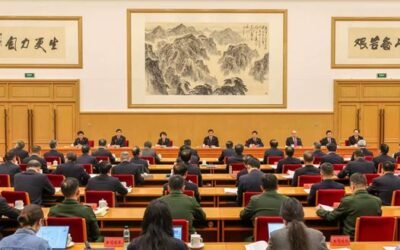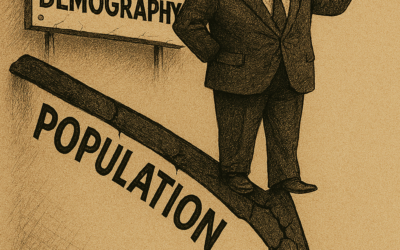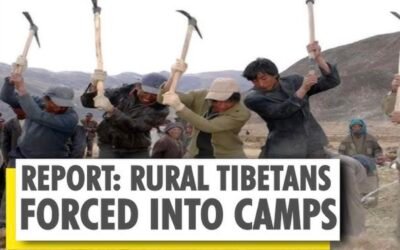There is no peace for the human rights activist who denounces the horrors of the transformation through education camps in Xinjiang.
by Massimo Introvigne

Serikzhan Bilash is in trouble again. The Inter-District Administrative Court of Almaty asked Bilash and five co-workers to appear (by WhatsApp, due to the quarantine) on August 5 and answer charges filed under Article 489, paragraph 10, of the Code of Administrative Offenses of the Republic of Kazakhstan, punishing activities on behalf of unregistered or banned organizations. The six defendants were questioned by police notwithstanding the quarantine.
This new prosecution is part of the conflict between two (and now three) branches of the human rights association Atajurt, two registered and one, led by Bilash, which was refused registration and is critical of the Kazakh government’s attitude towards China. Bilash is critical of the other branches, which have downplayed the presence of ethnic Kazakhs in the re-education camps in Xinjiang.
In Kazakhstan, human rights activists told Bitter Winter that they believe Chinese pressures are beyond the trial. Bilash operates highly successful YouTube and Facebook accounts, which are almost exclusively devoted to exposing atrocities in the dreaded transformation through education camps in Xinjiang, where hundreds of thousands of ethnic Kazakhs are also detained. The CCP has consistently exerted pressure on Kazakhstan to stop the activities of Bilash.
Leila Adilzhan, Bilash’ wife, told Bitter Winter she suspects a connection with the case of professor Kuandyk Shamakhay, the author of a book on the CCP’s transformation through education camps that had mightily annoyed the Chinese. He was diagnosed as infected with COVID-19, although with mild symptoms, and taken to the hospital, where he died in suspicious circumstances. Shamakhay was working with Bilash at an English translation of this book.

Massimo Introvigne (born June 14, 1955 in Rome) is an Italian sociologist of religions. He is the founder and managing director of the Center for Studies on New Religions (CESNUR), an international network of scholars who study new religious movements. Introvigne is the author of some 70 books and more than 100 articles in the field of sociology of religion. He was the main author of the Enciclopedia delle religioni in Italia (Encyclopedia of Religions in Italy). He is a member of the editorial board for the Interdisciplinary Journal of Research on Religion and of the executive board of University of California Press’ Nova Religio. From January 5 to December 31, 2011, he has served as the “Representative on combating racism, xenophobia and discrimination, with a special focus on discrimination against Christians and members of other religions” of the Organization for Security and Co-operation in Europe (OSCE). From 2012 to 2015 he served as chairperson of the Observatory of Religious Liberty, instituted by the Italian Ministry of Foreign Affairs in order to monitor problems of religious liberty on a worldwide scale.



